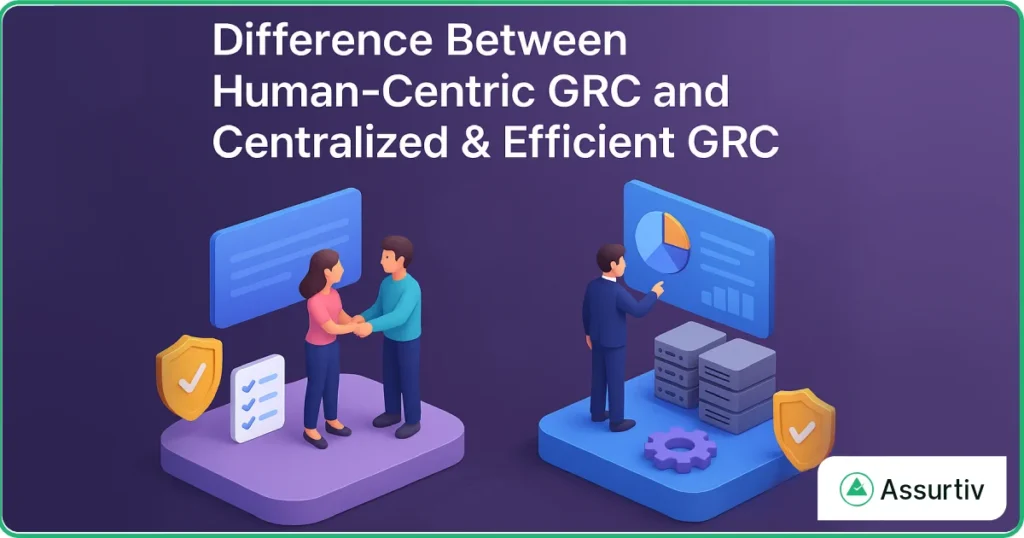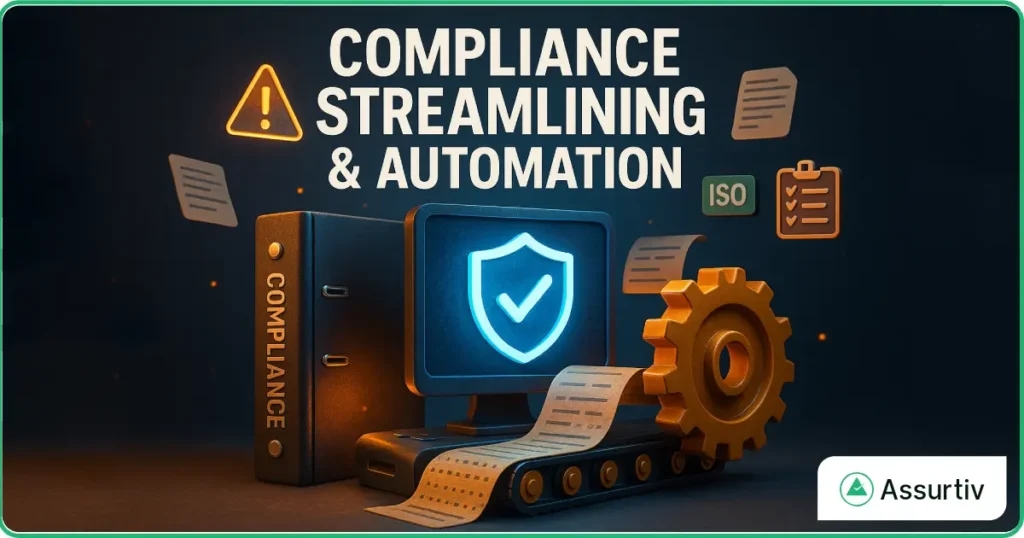The Importance of Consent Management: Safeguarding Privacy and Compliance
By assurtiv | Last Updated: 10 Jul 2025
In today’s digital age, data privacy and user consent have become crucial topics for businesses worldwide. With regulations like GDPR and emerging laws around the globe, organizations must prioritize consent management systems to ensure they are compliant and trustworthy.
What is Consent Management?
Consent management refers to the process of obtaining, storing, and managing consent from individuals when collecting their personal data. This is particularly important in ensuring compliance with various data protection laws and regulations. Consent management systems allow businesses to handle user data responsibly while maintaining transparency in their operations.
A robust consent management system is essential in securing explicit consent before collecting any sensitive personal information, as well as allowing users to easily manage and withdraw their consent at any time. In doing so, organizations ensure they uphold the rights of their customers while also maintaining compliance with relevant legal frameworks.
Why is Consent Management Important?
As the world becomes increasingly connected, data privacy concerns have escalated, leading to the implementation of several privacy laws worldwide. Without a proper consent management system, organizations risk violating privacy laws, which can lead to legal consequences, financial penalties, and a loss of trust from customers.
Key points because consent management is important:
Legal Compliance
Organizations must comply with privacy laws such as GDPR (General Data Protection Regulation), CCPA (California Consumer Privacy Act), and more. Failure to obtain proper consent can result in hefty fines.
Transparency and Trust
A transparent consent process builds trust with users, helping establish long-term relationships.
Data Security
Consent management ensures personal data is handled securely, minimizing the risk of breaches or misuse.
The Key Acts and Regulations Surrounding Consent Management
Consent management systems need to be aligned with various data protection and privacy laws that govern how personal data is handled. Some key regulations include:
-
GDPR (General Data Protection Regulation)
A regulation in the European Union that requires businesses to obtain explicit consent from users before collecting or processing their personal data. GDPR has set the standard for data protection globally.
-
CCPA (California Consumer Privacy Act)
Provides California residents with more control over their personal data. This includes the right to opt-out of data collection and the requirement for businesses to inform users of their data usage practices.
-
EPrivacy Directive
This directive, also known as the “Cookie Law,” governs the use of cookies on websites and mandates businesses to obtain consent before tracking users’ online behavior.
-
HIPAA (Health Insurance Portability and Accountability Act)
For healthcare organizations in the U.S., HIPAA requires patient consent for the collection and sharing of health-related data.
These acts ensure businesses are transparent about how they collect and use personal data and give users more control over their information.
Trending Issues in Consent Management
With the increasing focus on data privacy, the landscape of consent management is continuously evolving. Some of the trending issues and challenges include:
-
Cookie Consent Management
Managing cookie consent has become a major issue with laws like GDPR and CCPA. Many organizations struggle with ensuring they provide users with clear choices about data collection via cookies.
-
Cross-Border Data Transfers
International businesses must ensure they comply with consent management regulations in every region they operate. The complexities of cross-border data transfers are a growing challenge, especially post-Brexit and following rulings such as Schrems II.
-
User Rights to Withdraw Consent
Another challenge is ensuring that users can easily withdraw consent for the use of their data. Organizations must offer simple and accessible ways for users to manage their preferences.
How GRC Can Help You with Consent Management
With (GRC), we understand the complexities of managing consent and the risks associated with non-compliance. We offer a comprehensive consent management solution that:
-
Simplifies Consent Collection
Our platform makes it easy to collect and record consent from users in a transparent and legally compliant manner.
-
Ensures Full Compliance
We stay up to date with the latest regulations and make sure your organization is fully compliant with GDPR, CCPA, and other relevant data protection laws.
-
Data Protection and Security
We provide strong security protocols to safeguard consent data, reducing the risk of unauthorized access and ensuring that your users’ information remains private and protected.
-
Easy Opt-Out & Revocation
Our solutions make it simple for users to manage their consent preferences, including withdrawing consent whenever they choose. This ensures you’re always respecting their rights.
Conclusion
While smart technologies have undoubtedly made life easier, they come with privacy trade-offs. Consent is not just a legal requirement—it is essential for ethical data collection and user empowerment. As individuals become more aware of their rights, companies must step up their efforts to foster a transparent and privacy-conscious digital environment.




